As the demands of modern life increase, the ability to stay sharp, focused, and attentive becomes essential for success and overall well-being. Brain booster supplements are said to offer a promising avenue to support and assist cognitive performance. By incorporating specific ingredients, individuals may help support memory concentration and clarity*. Therefore, by exploring their options, individuals can take proactive steps towards their cognitive health and see if they can better equip themselves to tackle life's challenges.
In this blog, we'll explore the ingredients you should look for when choosing a brain booster supplement that may just be what you need for supporting your cognitive function and overall brain health.

Omega-3 fatty acids are a group of essential polyunsaturated fats that play a role in assisting overall health, particularly in supporting brain function. There are three main types of omega-3 fatty acids: eicosapentaenoic acid (EPA), docosahexaenoic acid (DHA), and alpha-linolenic acid (ALA). Among these, EPA and DHA have been proposed to be some of the most beneficial for brain health.*
The brain is composed of a significant amount of fat, and DHA is a major structural component of brain cell membranes. It contributes to the fluidity and flexibility of these membranes, which is essential for proper nerve signaling and communication between brain cells. DHA also helps to support the growth and maintenance of brain cells, aiding healthy cognitive function.
Research has shown that omega-3 fatty acids, particularly DHA, are critical for cognitive development in infants and young children. [1] During pregnancy, DHA is transferred from the mother to the developing fetus and continues to be important for the baby's brain development after birth. In adults, omega-3 fatty acids are associated with boosting memory, focus, and mental clarity.*

Phosphatidylserine (PS) is a phospholipid that is naturally present in cell membranes, with particularly high concentrations found in brain cells. As a brain booster ingredient, PS has garnered attention for its potential cognitive benefits and role in supporting overall brain health. [2]
One of the primary functions of phosphatidylserine in the brain is to facilitate communication between brain cells. It plays a vital role in neurotransmission, allowing nerve cells to send and receive signals effectively. By improving intercellular communication, PS may support cognitive processes such as memory, learning, and concentration.
Research suggests that phosphatidylserine may help maintain the integrity and fluidity of brain cell membranes. Healthy cell membranes are essential for the optimal functioning of neurons and their ability to transmit signals efficiently.
As we age, the levels of phosphatidylserine in the brain tend to decline, which may contribute to age-related cognitive decline.*

Bacopa Monnieri, commonly known as Brahmi, is an herb traditionally used in Ayurvedic medicine. As for a brain booster ingredient, Bacopa has gained attention for potentially helping to support memory, overall cognitive function.*
One of the primary active compounds in Bacopa is bacosides, which are believed to be responsible for its brain-boosting reputation. Bacosides have been said to support the growth and repair of nerve cells in the brain.*. This is essential for memory formation and retention, as well as for assisting the brain's ability to adapt to new information and experiences.
Research on Bacopa Monnieri has shown promising results in regards to memory and cognitive performance. Several studies have demonstrated its positive impact on memory recall, learning ability, and cognitive processing speed. The herb appears to be particularly beneficial for older adults, as it may help mitigate age-related cognitive decline. [3]

Ginseng is a root herb that has been used for centuries in traditional medicine, particularly in Asian cultures. There are different types of ginseng, with the most well-known being Asian ginseng (Panax ginseng) and American ginseng (Panax quinquefolius). Both types are believed to support cognition, but Asian ginseng is generally more commonly associated with brain booster supplements.
The ginsenosides in ginseng are thought to be responsible for aiding the brain. These compounds may influence neurotransmitters in the brain, such as acetylcholine, which may play a role in memory and mood.*
Studies on ginseng have suggested its relation towards mental performance, attention span, and reaction time. Some research also suggests that regular use of ginseng may help with mental fatigue andoverall cognitive function, particularly in stressful situations. [4]

Ginkgo biloba is a herbal supplement derived from the leaves of the ginkgo tree. It is believed by some to have brain-boosting properties and is commonly used for memory, concentration, and cognitive function. The active components in ginkgo biloba, such as flavonoids and terpenoids, are said to have antioxidanteffects, which may support brain health by increasing blood flow and protecting against oxidative stress. While research results are mixed, some studies suggest that ginkgo biloba may offer cognitive benefits, particularly in older adults experiencing age-related memory decline. [5]

Vitamin B Complex:
Vitamin B complex is a group of essential water-soluble vitamins that play a crucial role in various bodily functions, including brain health and cognitive function. The B complex vitamins include B1 (thiamine), B2 (riboflavin), B3 (niacin), B5 (pantothenic acid), B6 (pyridoxine), B7 (biotin), B9 (folate), and B12 (cobalamin).
These vitamins are said to be involved with energy metabolism, helping the body convert food into energy that the brain and other organs use to function effectively. They also play a key role in the synthesis of neurotransmitters, which are chemical messengers that facilitate communication between brain cells. Neurotransmitters, such as serotoninand acetylcholine, are essential for mood regulation, memory, and cognitive processes. [6]

Antioxidants may be obtained from various sources, including fruits, vegetables, nuts, and certain supplements. Some common antioxidants include vitamin C, vitamin E, beta-carotene, selenium, and various phytochemicals found in plant-based foods.
Some research suggests that a diet rich in antioxidants is associated with better cognitive function. While more studies are needed to fully understand the direct impact of antioxidants on brain health, incorporating antioxidant-rich foods into one's diet or taking antioxidant supplements may be a beneficial strategy to support overall brain health and potentially maintain cognitive function as we age. [7]
It's essential to remember that while antioxidants are beneficial, they are just one aspect of a comprehensive approach to brain health. Adopting a balanced diet, staying physically active, getting enough sleep, managing stress, and engaging in mentally stimulating activities all play vital roles in maintaining cognitive function and overall brain health. As always, consulting with a healthcare professional before starting any supplementation is advisable, especially if you have specific health concerns or conditions.
While brain booster supplements may offer support for cognitive well-being, it's essential to remember that a healthy lifestyle, including a balanced diet, regular exercise, and adequate sleep, also plays a significant role in maintaining optimal brain function. [8]
Nature’s Branch 40-in-1 Brain Booster+ supplement includes 40 ingredients designed by nutritional professionals and aims to support focus, memory, and clarity. Plus, when you purchase one today, you'll receive a complimentary Brain Training eBook filled with brain stimulating exercises and tips!
Before incorporating any brain supplement into your routine, consult with a healthcare professional, especially if you have existing health conditions or are taking medications.
Remember, a healthy brain is the foundation of a vibrant life! Stay curious, stay engaged, and take care of your cognitive well-being.
References:
-
Kuratko CN, Barrett EC, Nelson EB, Salem N Jr. The relationship of docosahexaenoic acid (DHA) with learning and behavior in healthy children: a review. Nutrients. 2013 Jul 19;5(7):2777-810. doi: 10.3390/nu5072777. PMID: 23877090; PMCID: PMC3738999.
-
Kim HY, Huang BX, Spector AA. Phosphatidylserine in the brain: metabolism and function. Prog Lipid Res. 2014 Oct;56:1-18. doi: 10.1016/j.plipres.2014.06.002. Epub 2014 Jun 30. PMID: 24992464; PMCID: PMC4258547.
-
McPhee, G., Downey, L. A., Wesnes, K., & Stough, C. (2021). The Neurocognitive Effects of Bacopa Monnieri and Cognitive Training on Markers of Brain Microstructure in Healthy Older Adults. Frontiers in Aging Neuroscience, 13. https://doi.org/10.3389/fnagi.2021.638109
-
Coleman, C.I., Hebert, J.H. and Reddy, P. (2003), The effects of Panax ginseng on quality of life. Journal of Clinical Pharmacy and Therapeutics, 28: 5-15.https://doi.org/10.1046/j.1365-2710.2003.00467.x
-
Noor-E-Tabassum, Das R, Lami MS, Chakraborty AJ, Mitra S, Tallei TE, Idroes R, Mohamed AA, Hossain MJ, Dhama K, Mostafa-Hedeab G, Emran TB. Ginkgo biloba: A Treasure of Functional Phytochemicals with Multimedicinal Applications. Evid Based Complement Alternat Med. 2022 Feb 28;2022:8288818. doi: 10.1155/2022/8288818. PMID: 35265150; PMCID: PMC8901348.
-
Kennedy DO. B Vitamins and the Brain: Mechanisms, Dose and Efficacy--A Review. Nutrients. 2016 Jan 27;8(2):68. doi: 10.3390/nu8020068. PMID: 26828517; PMCID: PMC4772032.
-
Radcliffe, S. (2022, May 9). High levels of antioxidants linked to lower risk of dementia. Healthline.https://www.healthline.com/health-news/high-levels-of-antioxidants-linked-to-lower-risk-of-dementia
-
Cognitive health and older adults. (n.d.). National Institute on Aging. https://www.nia.nih.gov/health/cognitive-health-and-older-adults


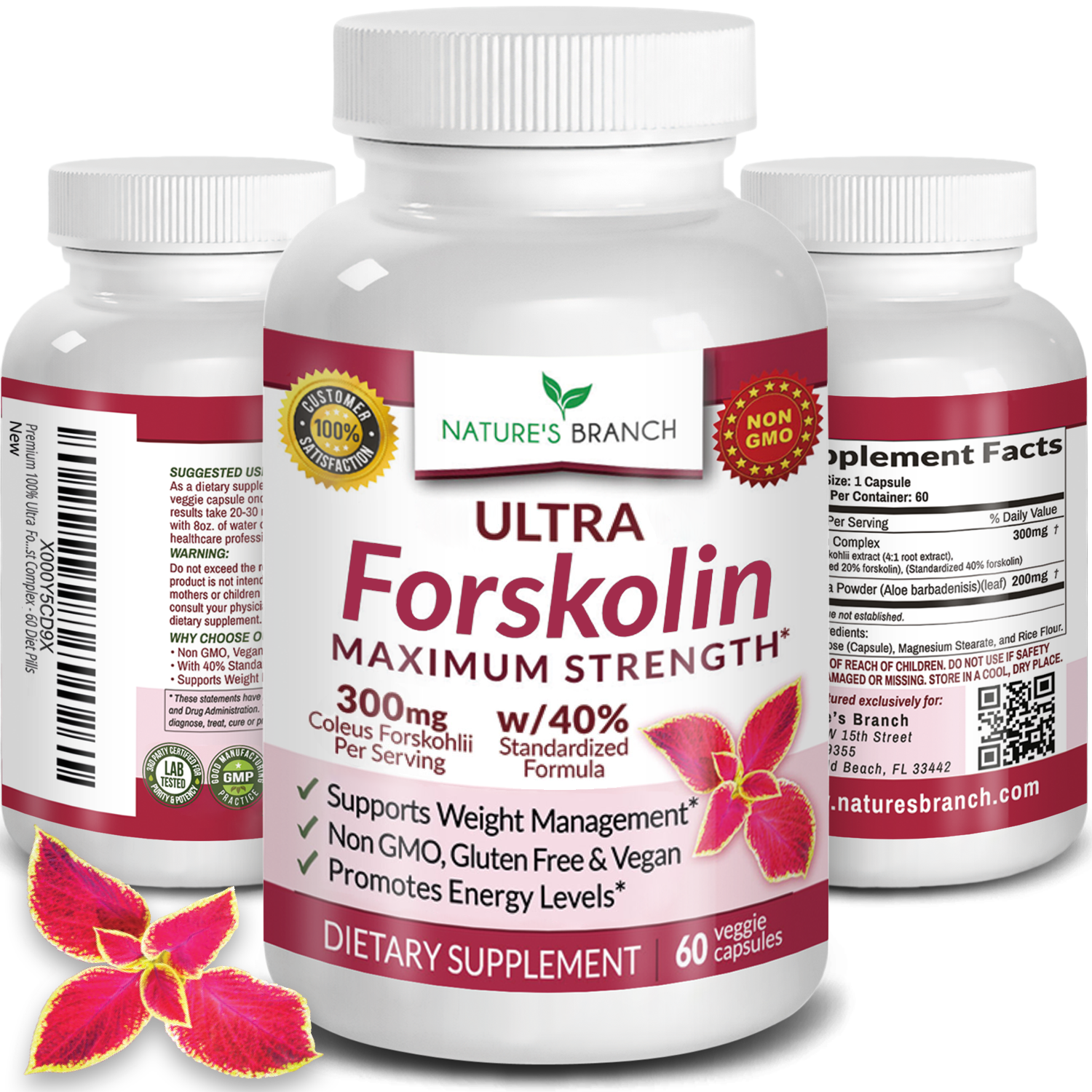
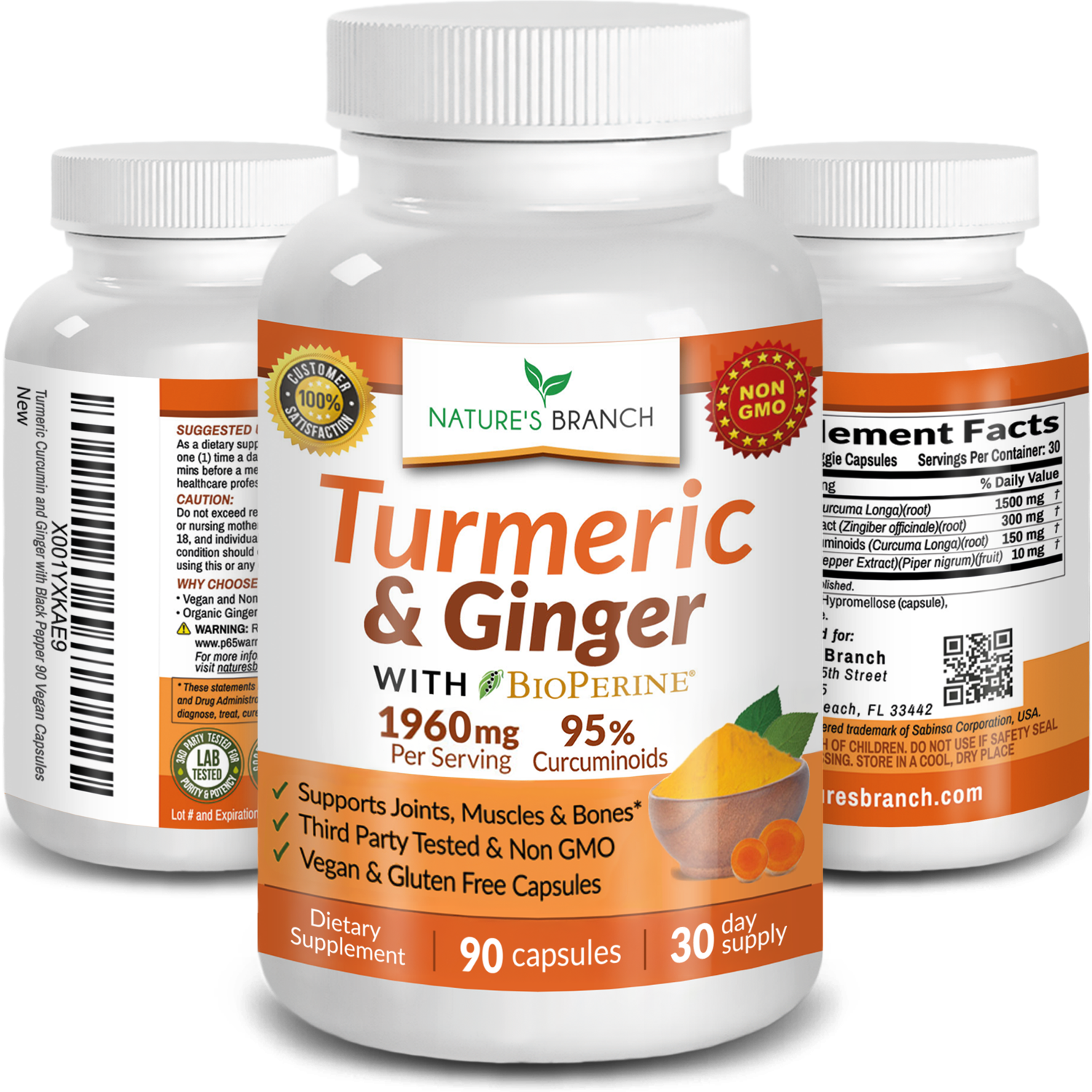
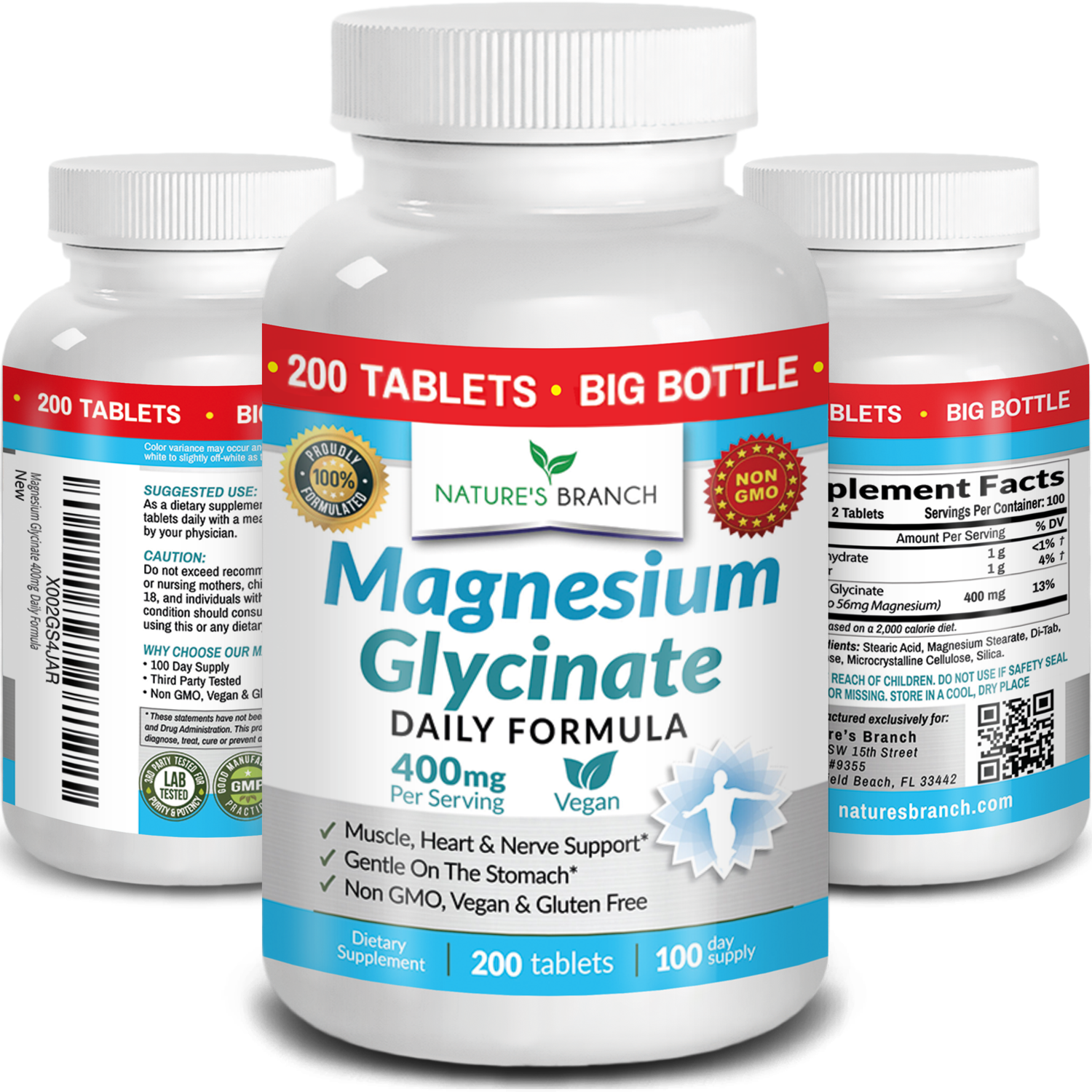
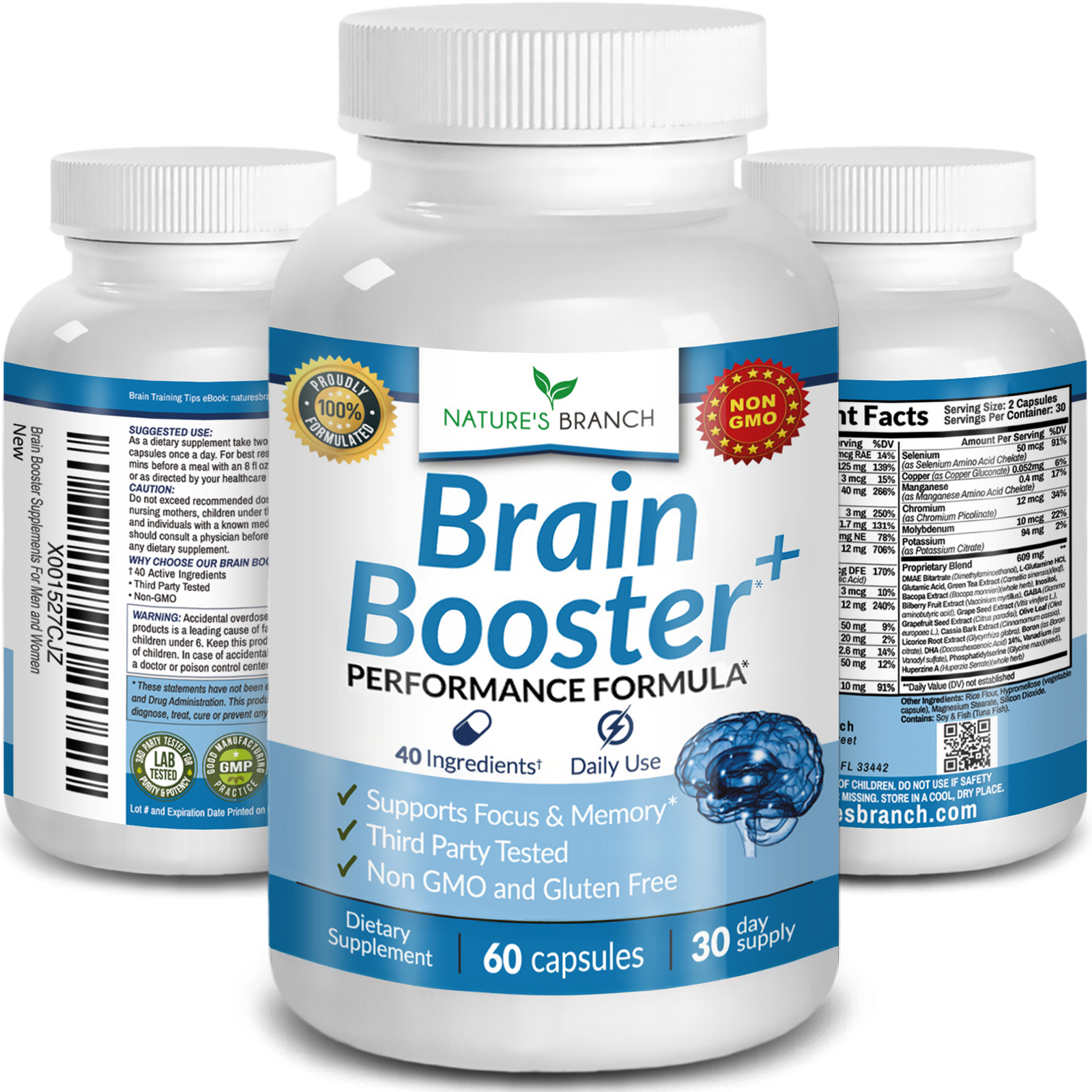




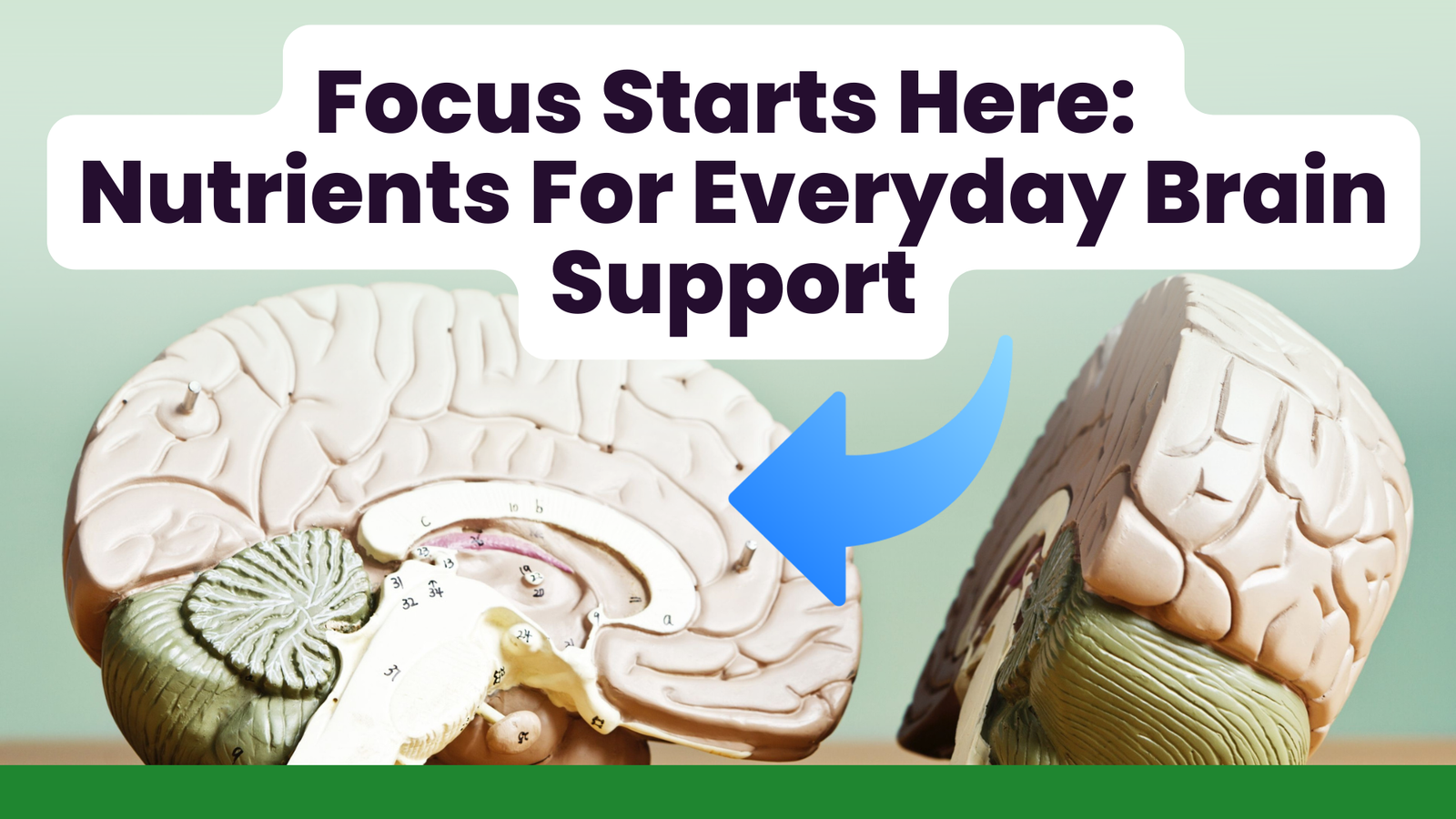
Leave a comment (all fields required)